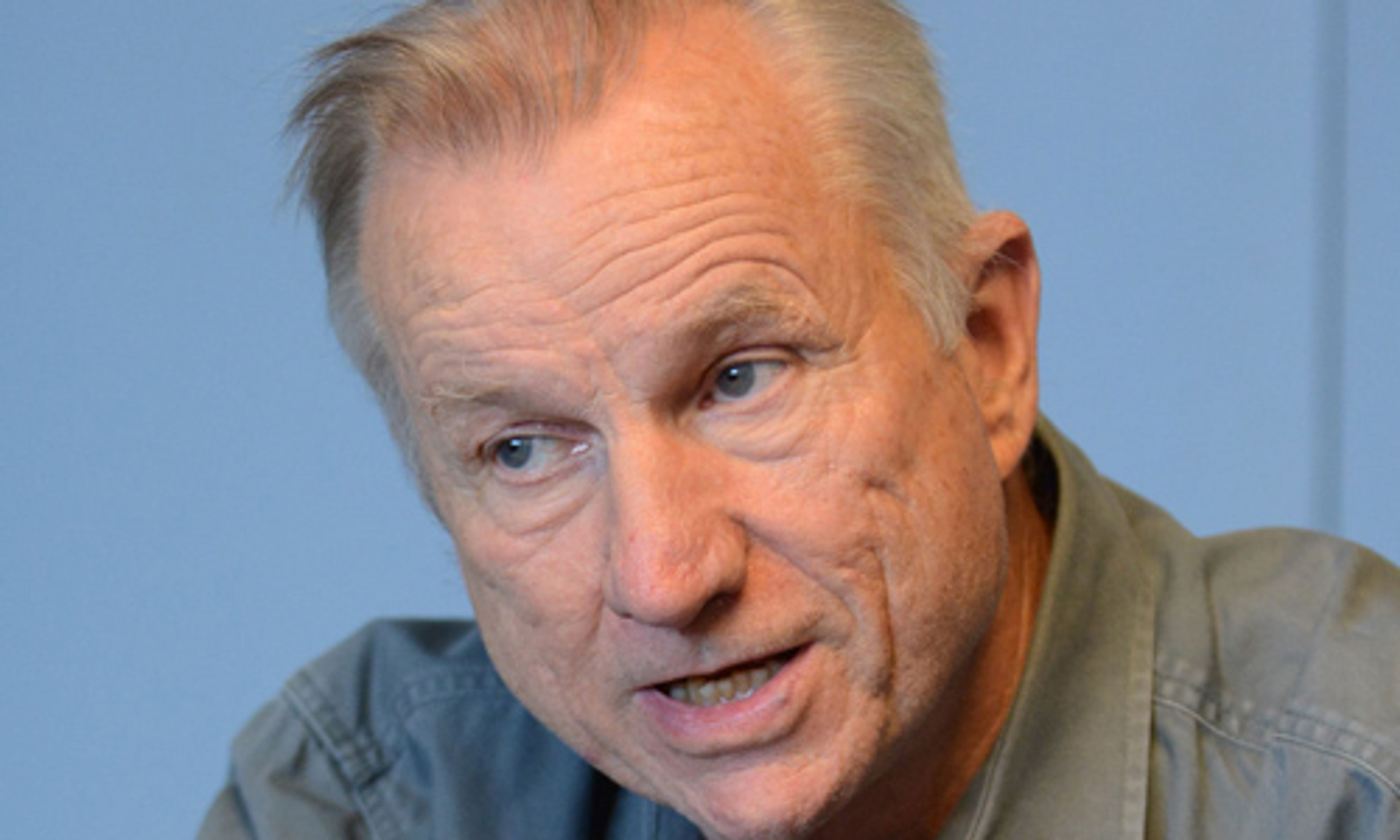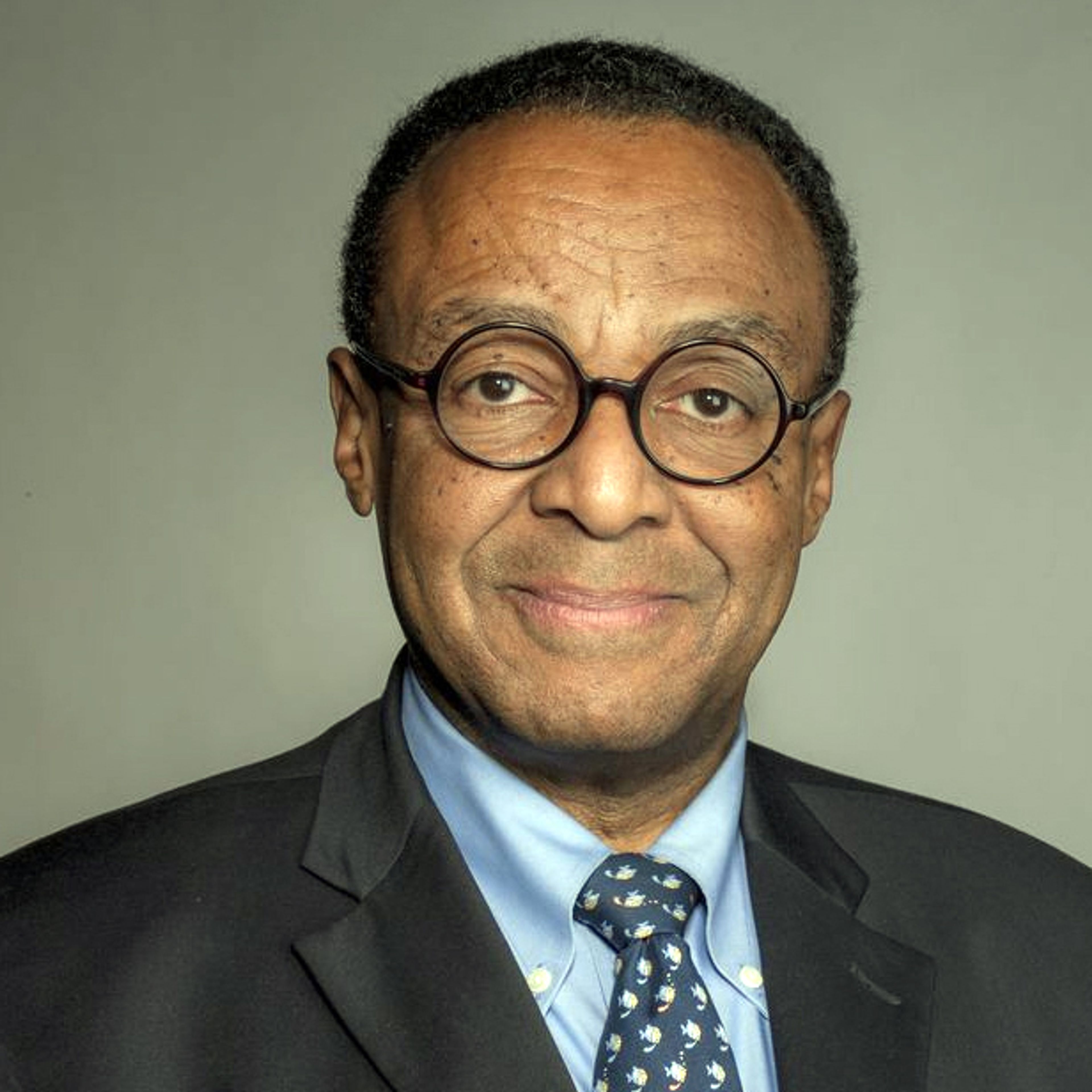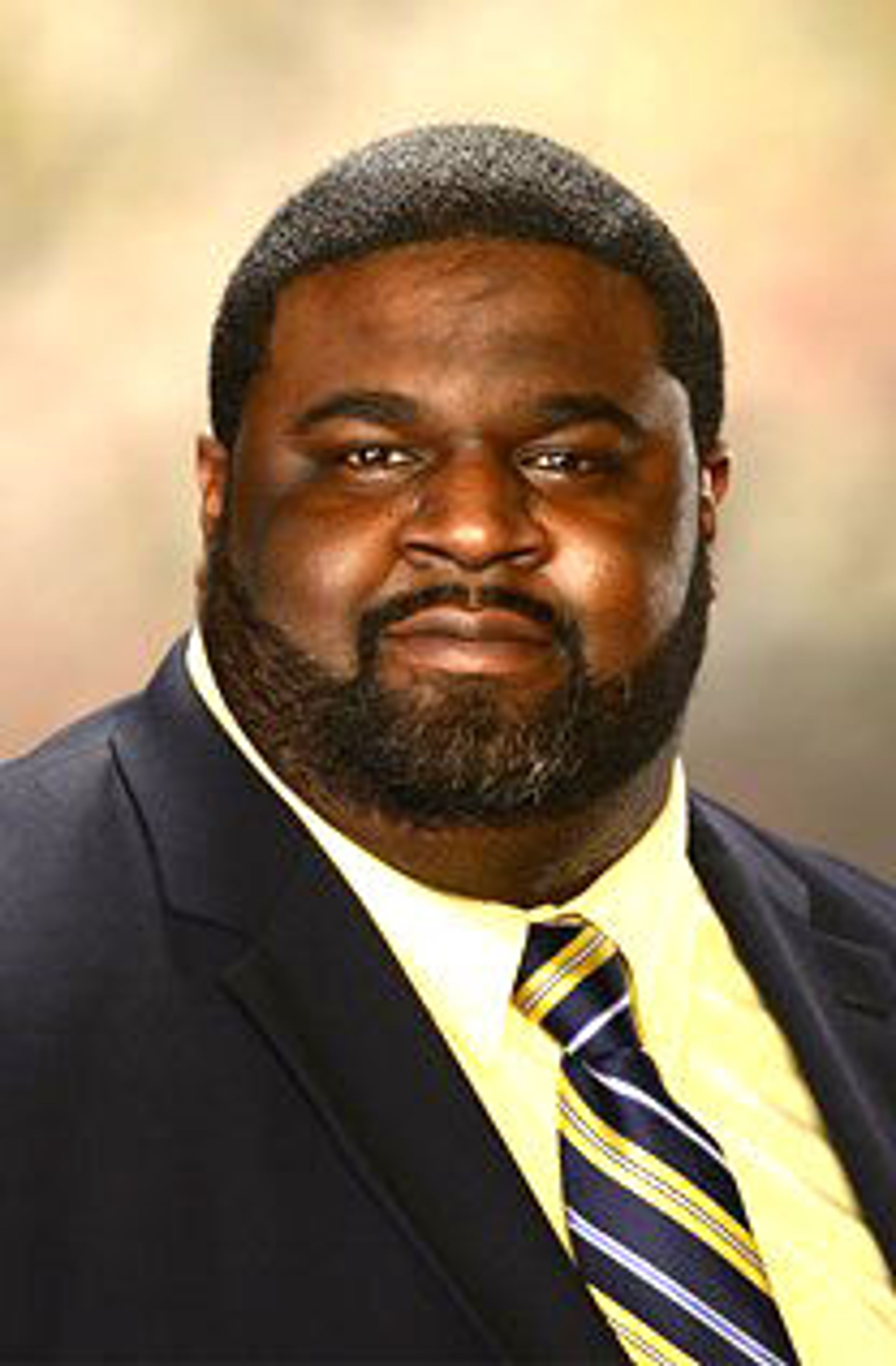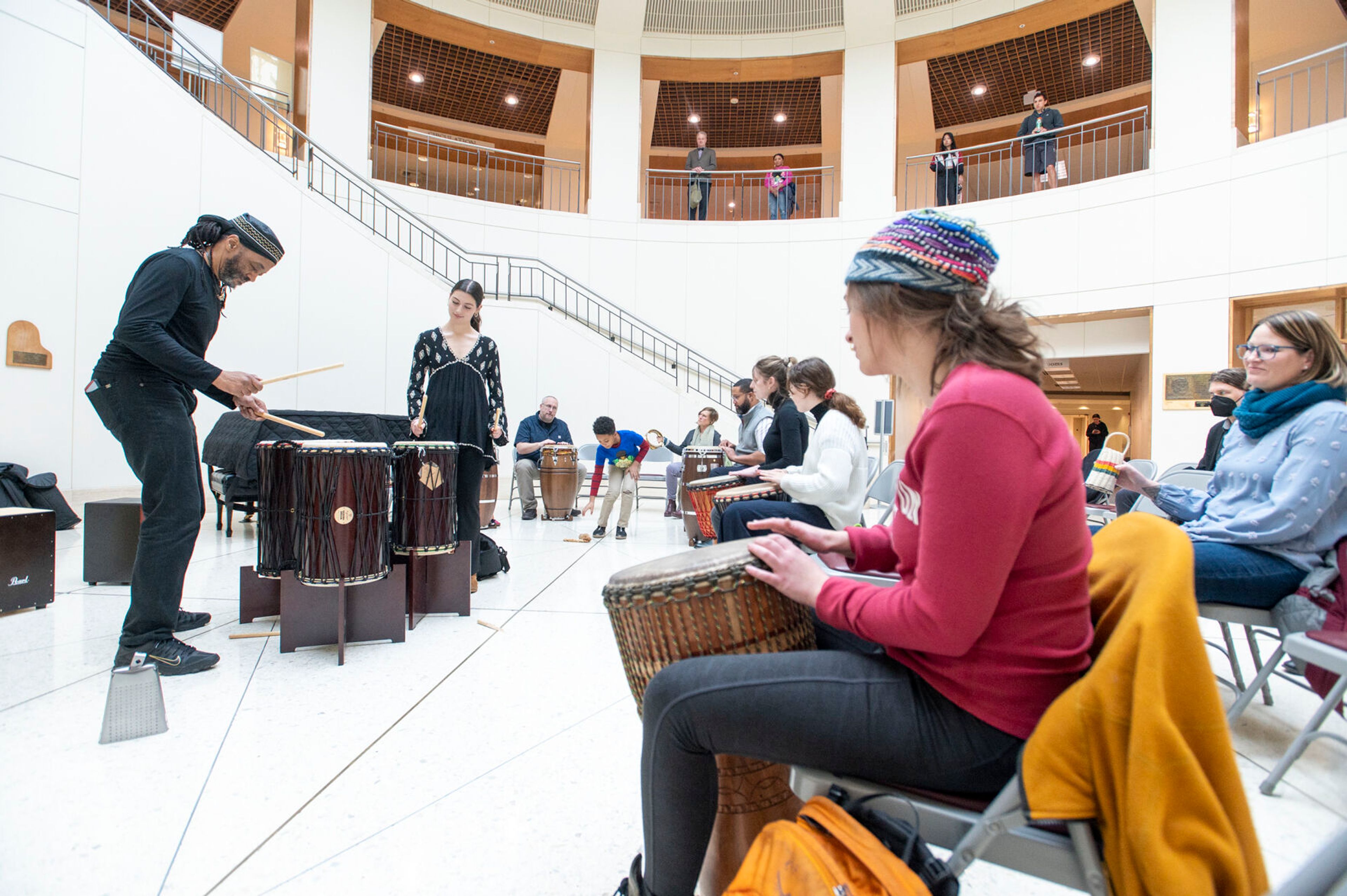Here’s what keeps an Idaho school board member up at night:
If you close the schools due to the COVID-19 pandemic, how long before the kids fall so far behind academically that they’ve lost the equivalent of a year?
Closing down during the spring semester deprived them of graduations, a year-end farewell and the sense of closure that comes with it, proms and sports. What happens to the student who becomes withdrawn because he’s cooped up at home and deprived of social interaction at school?
What about the child who finds his school to be a refuge from an unhappy or even an abusive home? What do you say to the kid who depends on school for many of his meals? And how about the parent who finds it almost impossible to juggle work and tending to a child stuck at home?
Open the schools, however, and you’re almost certain to see a spike in coronavirus infections. On the rise since the school year began, Idaho’s COVID-19 numbers hit a record last week — 1,094 new cases.
It’s one thing when a student or staffer comes into the school already infected from an outside source. But what happens where there’s transmission within the school?
God forbid the worst occurs — a student, a teacher or a 65-year-old janitor contracts the virus at school and dies.
Do you resort to a hybrid model of mixing remote and in-person learning?
Do you require face mask wearing and social distancing in the classroom?
Oh, did we mention a school board member not only goes unpaid but probably winds up spending some of his own money covering expenses?
No wonder so many of these posts go for the asking. At any given school board election in Idaho, two of every three spots goes uncontested — or even unfilled, leaving it to a quorum to fill the vacancy by appointment.
Being second-guessed goes with the job.
But political reprisals?
Ask White Pine School Board Chairman Aaron Proctor. Angry at his district’s face-mask and social distancing standards, a group of parents has targeted the 16-year school board veteran with recall on the Nov. 3 ballot.
They say he ignored a survey that found at least 62 percent opposed a face-mask mandate in the schools.
Of course, it’s something quite different when you have to live with the consequences.
“It’s a difficult thing to do because I don’t want to have to live the rest of my life thinking that if we had done nothing, then a teacher or a kid could have caught the coronavirus and died,” Proctor told the Lewiston Tribune’s Justyna Tomtas. “I wouldn’t have wanted to live with that on my conscience for the rest of my life.”
Nor is Proctor unique.
Across the state:
l West Ada School District’s model of moving gradually from online toward in-person instruction at least part of the time is too slow for some parents. They targeted the entire school board — Chairman Ed Klopfenstein, Steve Smylie, Philip Neuhoff, Rene Ozuna, and Amy Johnson —— for a recall election next March.
l In Idaho Falls, where the state is seeing some of its highest rates of infection, school board members Hillary Radcliffe, Elizabeth Cogliati and board chairwoman Lara Hill are facing a recall campaign after they transferred high school students to distance learning part of the week.
Among the recall organizers is lame duck state Rep. Bryan Zollinger, R-Idaho Falls.
l Maintaining a hybrid instruction system is only part of the reason Pocatello-Chubbuck School Board members Jackie Cranor, Janie Gebhardt and Dave Mattson are facing a recall. Organizers also didn’t appreciate the school board removing the Pocatello High School Indians mascot.
l It was too much for Boise school trustee Troy Rohn, who called it quits last month. “In my opinion both our federal and state governments have shirked their responsibilities in leaving these decisions to local school boards who have no expertise in these medical matters,” he said.
It’s one thing to face voter pressure over an unpopular school bond or even a supplemental levy. But who signs up to handle a once-in-a-century pandemic because nobody from the president to the governor and even some health districts was willing to take charge?
Even if some of the recalls succeed and these communities find someone who is willing to accept the same level of grief in what is essentially a volunteer position, they’ll still face the same daunting choices.
You can change the school board. But you can’t change the facts. — M.T.








